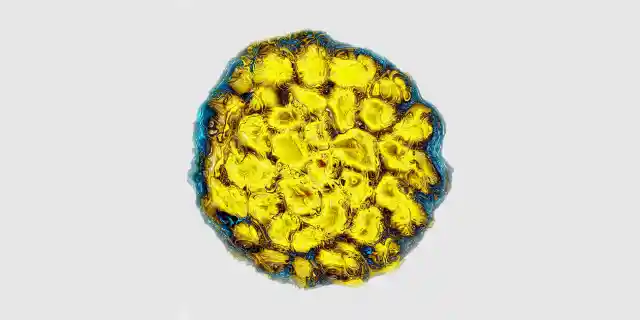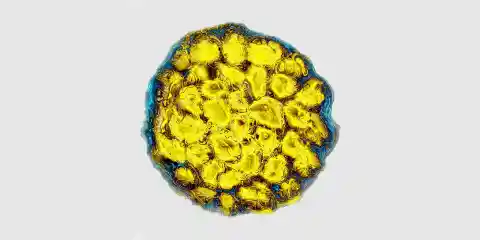

HPV is a serious threat in the world of sexually-transmitted diseases, but there is so much that goes unknown about this affective condition. Because everyone should be properly informed about the dangers of this disease, we are here to debunk all of the myths you might have heard. All you have to do is read on to discover the truth about the misconceptions of HPV!
Number Nine: HPV is a Women’s Disease
Not true. Though it is commonly seen as a disease for women, men are also able to contract the disease. If you are a sexually active individual, there is a chance that you could contract it.
Number Eight: All Strains Cause Cancer
Not all HPV strains will cause cancer, but cervical cancer is the most common form that will arise from the disease. The disease is said to be the cause of five percent of all cancer cases across the globe, but high-risk infections that go away within two years most likely won’t cause it.
Number Seven: You Only Get It from Sex
HPV can be transmitted through any form of intimate, sexual contact. Even if you are having protected sex or simply enacting in oral sex, any skin-to-skin contact poses a risk.
Number Six: You Can’t Test Men
A main way to test for the human papilloma virus is through a Pap smear. Because men can’t undergo this test, it is commonly believed that they cannot be tested for the disease. Actually, this is fairly true. Despite modern technology, there are currently no FDA-approved screenings for men able to find this virus.
Number Five: It Can Be Treated
Although some health professionals claim to be able to treat this condition, there is simply no cure in the known medical world. Symptoms of the virus, such as warts or lesions, can be relieved, but the actual virus has no cure.
Number Four: If You Have It, You’ll See Symptoms
Actually, a majority of the people who contract HPV don’t even notice its presence. Potential health concerns, such as warts or cancer development, con be incurred, but do not always happens. With the modern health technology of today, most people’s immune systems fight off the virus in two years’ time.
Number Three: If You Get the Vaccine, You Don’t Need to be Tested
The vaccine may clear you of the disease, but you will still need to get regular examinations to watch out for the development of cervical cancer. This may form even after the infection is relieved. Cervical cancer can by caused by a myriad of the HPV strains, and vaccines will only protect you against the two biggest strains.
Number Two: I Got HPV, So My Boyfriend Cheated
When an STD arises in a committed relationship, it only makes sense that conclusions will be jumped to. However, the development of this condition does not always mean that your partner was unfaithful. HPV can remain in a person’s body for years, and because symptoms aren’t guaranteed to make themselves known, they may not even know they have it.
Number One: Safe Sex is Safe Sex
Condoms are great for preventing STDs that are spread through bodily fluids, but not so much for HPV. Because this infection is spread through skin-to-skin contact, there is no way of being sure that only a condom will protect you. Even when used correctly, the vulva, anus, and scrotum are uncovered and vulnerable. We hope you enjoyed exploring the top nine most common misconceptions about HPV!